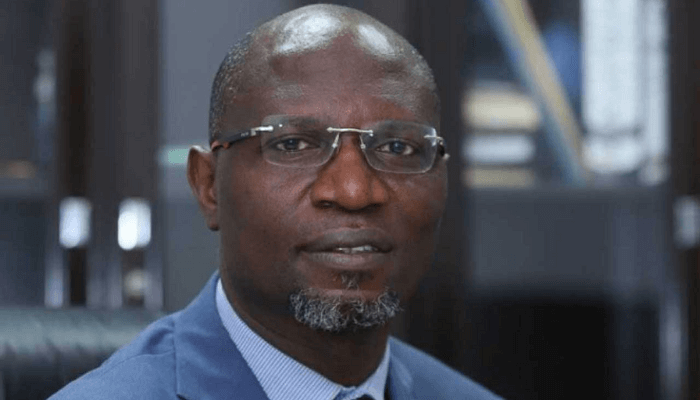Emomotimi Agama, Director General of the Securities and Exchange Commission (SEC)
Emonotimi Agama, director-general of the Securities Exchange Commission (SEC), has disclosed that 50 cryptocurrency exchanges have applied for operational licenses in the country following the government’s change in stance on digital assets.
The DG disclosed this during a fireside chat at the BusinessDay Blockchain Conference in Lagos on Wednesday. In August, the SEC announced that it had granted approval in principle to two Digital Asset Exchanges to begin operations under its Accelerated Regulatory Incubation Program (ARIP). Five firms were also admitted to test their models and technology under its Regulatory Incubation Program.
The approved firms include: Busha Digital Limited, Quidax Technologies Limited, Trovotech Ltd, Wrapped CBDC Ltd, HousingExhange.NG Ltd, Dream City Capital, and Blockvault Custodian Ltd.
The ARIP was introduced by the SEC to onboard firms that had already begun operations before the release of the Rules on Virtual Asset Service Providers in May 2022. The RI Program, on the other hand, was designed to evaluate the business models of digital asset firms and allow them to test their products, services, and technology in a real-world market environment under the regulator’s close supervision.
At the time, the SEC had noted that additional license applications were being assessed and that approvals-in-principle would be granted on a case-by-case basis once the requirements were met.
According to the DG on Wednesday, the regulator received 50 applications and has accepted seven firms into its programmes. “Our work at the SEC is to protect investors and foster market development,” he said, noting that while the commission is open to innovation, businesses must meet regulatory and compliance requirements to ensure the growth of a stable and sustainable digital economy.
Read also: Over 50 crypto companies have submitted applications — SEC
He explained that the government is receptive to crypto and blockchain because it has seen the country’s youths adopt the technology. He, however, noted that the pace of acceptance of digital assets may vary across different sectors but will eventually happen.
“For Innovators, we encourage you to seize the opportunity to develop blockchain solutions tailored to Africa’s unique needs. Focus on solving real-world problems, such as financial exclusion, inefficient supply chains, and lack of transparency in governance,” he added.
During another fireside chat, Buchi Okoro, Quidax’s chief executive officer, noted that regulation helps check operators’ activity in the space and protect investors. He said that much of the fraud carried out with crypto, while alarming, pales in comparison with those done through traditional channels.
He highlighted that the issue with crypto was that criminals quickly adopted it. “Criminals typically adopt new technology faster than everyone else,” he said.
Okoro stated that much of this will dissipate as more genuine entities embrace the market.
According to Francis Ogbuka, vice president of sales and Development, Zone, the recent licensing of crypto exchanges will lead to more growth in the sector as many players will move their assets to regulated entities that offer them a level of safety.
Nigeria is one of the largest peer-to-peer (P2P) crypto markets globally. According to Chainalysis, a global blockchain platform, crypto transactions in the country totalled $56.7 billion between July 2022 and June 2023. All the industry experts at BusinessDay’s Blockchain event noted that regulating the space will benefit the country.
SEC has been leading efforts to establish a regulatory framework for the crypto industry, particularly after the Central Bank of Nigeria (CBN) lifted its ban in December 2023 and handed regulatory oversight to it.

